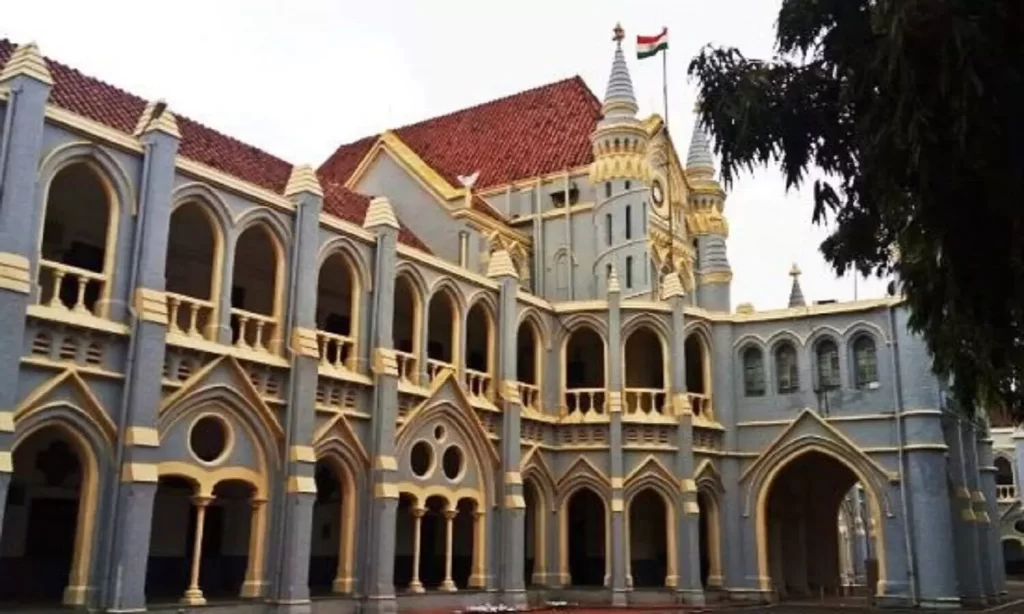Rehan Khan
In a significant ruling on July 26, the Madhya Pradesh High Court determined that three ancient monuments in Burhanpur, including the tomb of Begum Bilqis, daughter-in-law of Mughal emperor Shah Jahan, do not belong to the Wakf board.
The Archaeological Survey of India (ASI) filed a writ petition at the Jabalpur bench, challenging a 2013 order by the CEO of the MP Wakf Board that declared these sites as Wakf property. The ASI contended that once a property is declared an ancient and protected monument under the Ancient Monuments Preservation Act of 1904, it cannot be classified as Wakf property.
Justice G.S. Ahluwalia, delivering the final order, stated that the properties in question are ancient and protected monuments, duly notified under the 1904 Act. He emphasized that the CEO of the MP Wakf Board committed a significant illegality by ordering the petitioner to vacate these properties. The court upheld that these sites fall under the guardianship of the Commissioner as per the Ancient Monuments Preservation Act and cannot be released without following the established legal procedures.
The disputed sites include the Shah Shuja monument, which houses the tomb of Begum Bilqis, the Tomb of Nadir Shah, and Bibi Sahiba’s Masjid, all located at the Fort of Burhanpur. The Shah Shuja monument, also known as Kharbuza Mahal, is notable for its dome and stone construction, adorned with shell mortar and paintings. The Tomb of Nadir Shah, a massive structure supported by eight archways, is actually the tomb of Muhammad Shah Faruqi II, mistakenly identified by ASI. Bibi Sahiba’s mosque, built around 1529 by Queen Begum Rokeya, is another significant structure.
The ASI argued that under Section 11 of the 1904 Act, the Commissioner is the guardian of these monuments, responsible for their maintenance and has continuous access for this purpose. They further submitted that the Wakf Board’s declaration of these sites as Wakf property was invalid as the properties had long been under the absolute ownership and continuous possession of the Indian government.
The Court concurred, stating that an erroneous notification regarding properties not existing as Wakf properties at the commencement of the Wakf Act does not grant the Wakf Board jurisdiction over them. The court concluded that the Wakf Board’s notification does not affect the Central Government’s ownership of these ancient and protected monuments.
Case title: Archaeological Survey of India vs. Chief Executive Officer and Others.
Case no.: Writ Petition No. 13026 of 2015
Bench: Justice G.S. Ahluwalia

